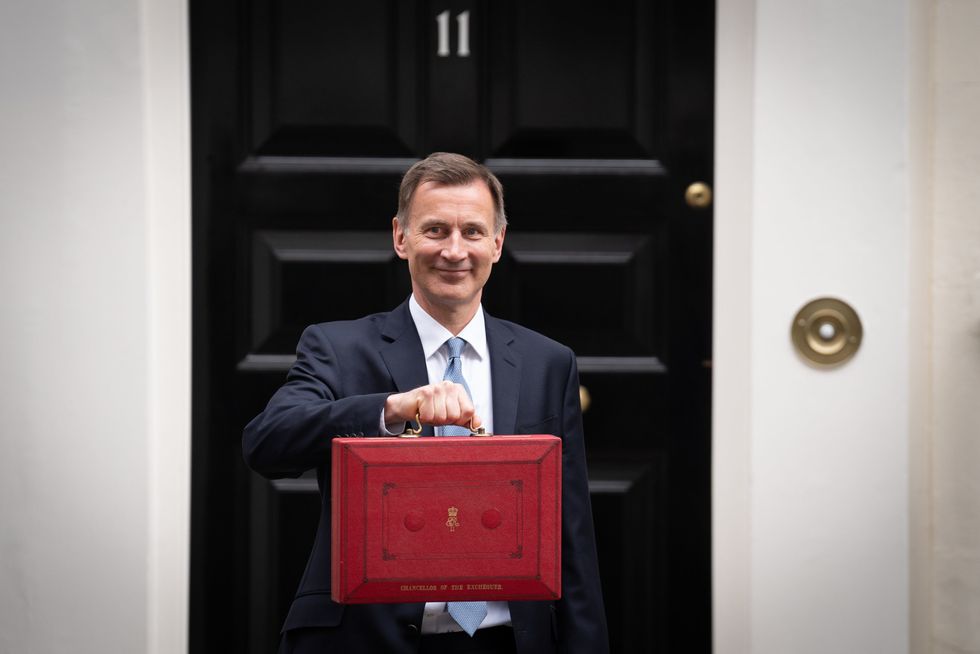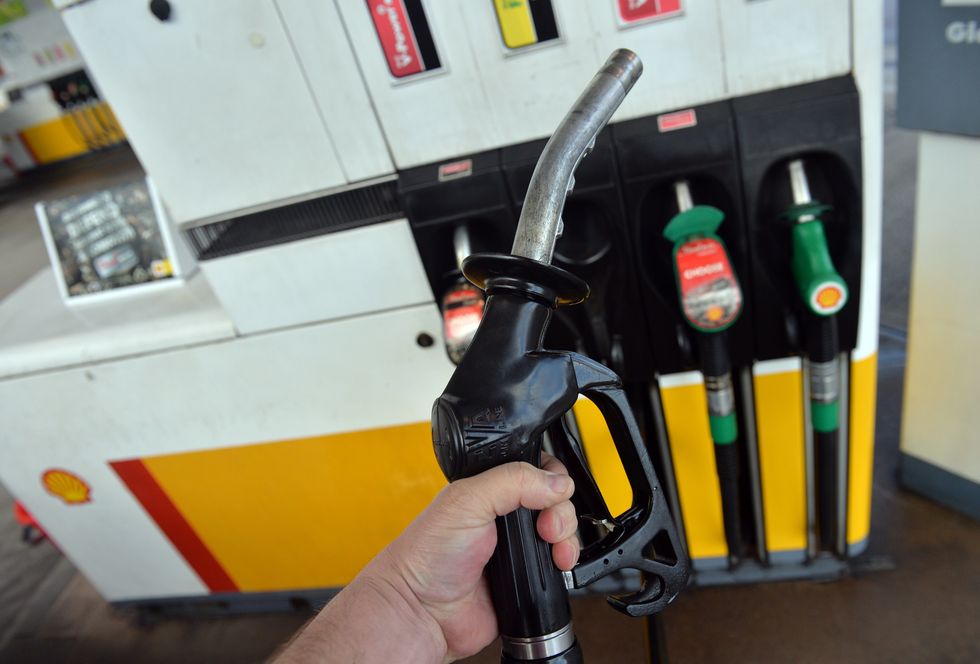A new report has suggested the Government will hike the rate of fuel duty
PA
The rate of fuel duty could rise to almost 60p per litre
Don't Miss
Most Read
Trending on GB News
A leading think tank has indicated that Labour will look to increase the rate of fuel duty in the upcoming Autumn Statement, potentially acting as a hammer blow for petrol and diesel drivers.
Labour will unveil its first Budget on October 30, with Chancellor Rachel Reeves looking to make cuts that will fill the £22billion funding black hole left by the previous Conservative Government.
Prime Minister Keir Starmer has already conceded that Labour will be forced to make difficult decisions in the Budget, warning Britons to prepare for "painful" announcements.
One of the most pressing issues which the Government may need to deal with includes the 5p per litre fuel duty cut, which has remained frozen since 2022.
Do you have a story you'd like to share? Get in touch by emailingmotoring@gbnews.uk

Former Chancellor Jeremy Hunt extended the fuel duty freeze until March 2025
PAThis was in response to the Russian invasion of Ukraine which forced prices at the pumps higher, with then-Chancellor Rishi Sunak introducing measures to alleviate the pain felt by motorists.
The decision to freeze rates has been repeated twice since, most recently by former Chancellor Jeremy Hunt, who estimated that it would save the average driver £50 a year.
However, a new report from the Resolution Foundation has identified fuel duty, Stamp Duty and business rates relief for retail and hospitality would be potential headaches for Chancellor Rachel Reeves and the Labour Government.
The Revenue and Reform report suggested that the loss of fuel duty due to vehicle electrification will be an "£8billion problem" by 2029-2030 and grow further every year after.
This could be exacerbated by Labour's decision to reinstate the original 2030 deadline to ban the sale of new petrol and diesel cars and vans, scrapping a five-year delay introduced by former Prime Minister Rishi Sunak.
While an announcement has not yet been made by Labour, a Government spokesperson confirmed to GB News that a decision would be made "in due course".
It outlines that the Government's default policy is for fuel duty to rise in line with RPI inflation. If this remains at 2.1 per cent, fuel duty could rise in April by 1.2p, to roughly 59.2p, when taking into account the Government avoiding an extension to the 5p freeze.
These changes are already included in the Office for Budget Responsibility's fiscal outlook and would not represent a change in policy.
The cost of cancelling all of the scheduled rises would be an estimated £4.8billion in 2028-2029, while doing "only" the 5p rise and no further increases would still cost around £2billion.
However, even with the scheduled rises, the future real value of fuel duty would not only be lower than at any point from 2004 to 2021, but also lower than immediately after the temporary 5p cut, the think tank noted.
The Resolution Foundation has previously suggested an option of monthly uprating, to "remove the drama of larger annual jumps", in addition to a fixed uprating rate of two per cent a year.
The report stated: "The Budget may well involve some tough decisions on tax, perhaps for those making large capital gains or who are bequeathing very large estates, but the prize can be a more dependable spending and revenue outlook, coupled with a more neutral, efficient tax system."
LATEST DEVELOPMENTS:

Rachel Reeves is set to unveil fuel duty changes on October 30
GETTYAccording to RAC Fuel Watch, the average price of petrol across the UK is 139.41p per litre, while diesel drivers are paying an average of 144.16p.
The RAC, as well as other motoring organisations, estimate that fuel prices will continue to fall in the near future, potentially even for the rest of the year.
An HM Treasury spokesperson told GB News: “Following the spending audit, the Chancellor has been clear that difficult decisions lie ahead on spending, welfare and tax to fix the foundations of our economy and address the £22billion hole in the public finances left by the last Government.
"Decisions on how to do that will be taken at the Budget in the round.”








